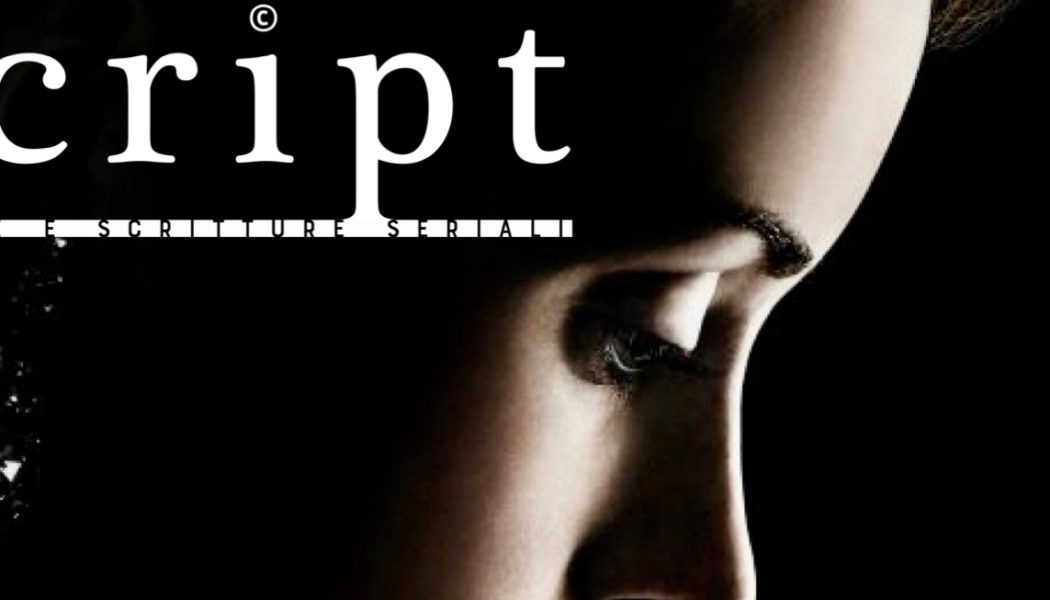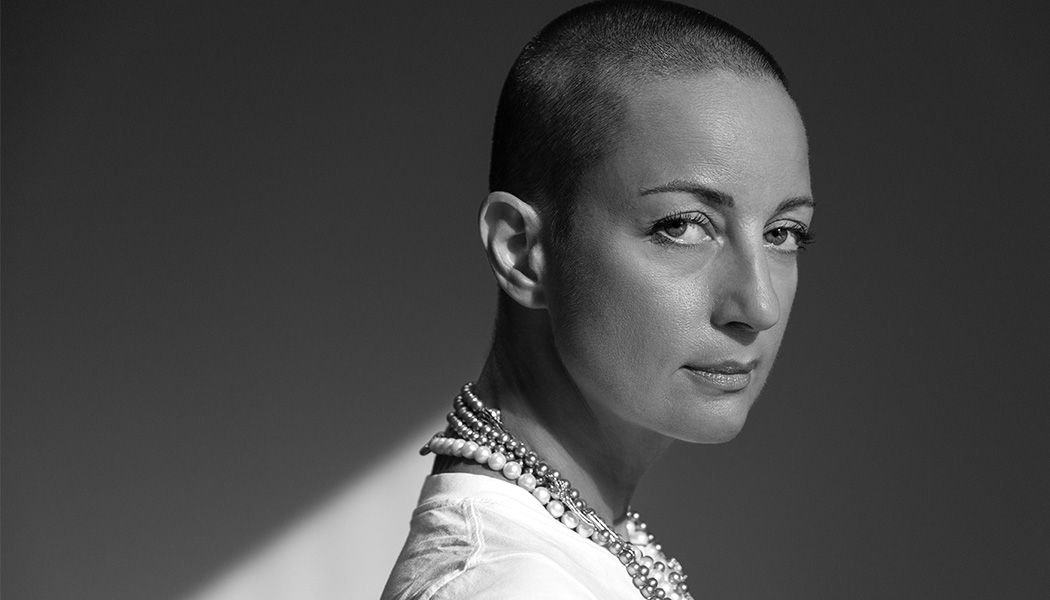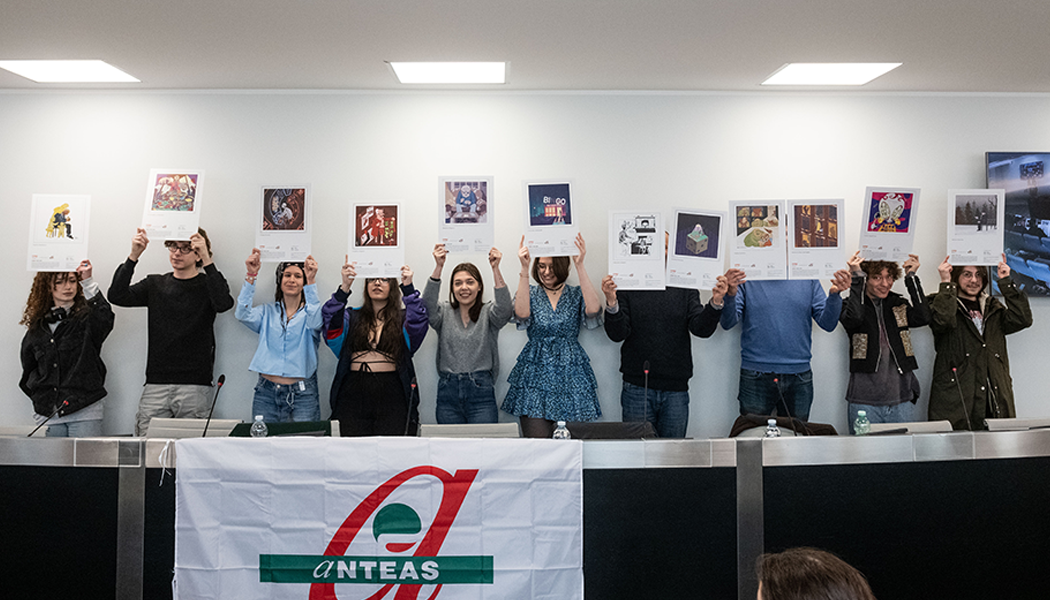The experiences of eleven RUFA students and graduates have been collected in the new magazine:: Matteo Proietti, Lucrezia Mariotti, Matteo D’Onofrio, Riccardo Pulin, Consuelo Casu Di Gaetano, Filippo Colaleo, Marco Romani, Raffaele Iovinella, Martino Cassanelli, Lorenzo Santo, Livia Campanelli. The value of training that adds up to the value of writing.
“Script” is not only the result of an interesting and innovative editorial project, but is also the result of a real “pact” between writers, to restore not only the meaning of words, but also their value. The genesis of the idea is in the hands of WGI which, over the years, has worked hard to contextualize this vision.
WGI was born from the experiences of associations that, in Italy, have always represented a history built on the success and artistic value of a few: the others have always been the herd. “This is – the promoters of the project point out – an illusory model that has cyclically promised guarantees for everyone, but then failed to deliver: a model that clearly does not work. It is time to go further, without taking refuge in the weak justification of being artists. It is time to repudiate any cultural elitism, to feel part of an industry, and to change the role of writers in the Italian audiovisual world with clear and unilateral actions. We want to unite writers who share this vision. Writers who are aware that talent, competence, autonomy and fairness are an inseparable whole for anyone who carries out a professional activity. Writers who want to defend themselves, who know the value of their profession and want to affirm it”.
“Script was born exactly in this vein. It is an online magazine that should be browsed and is named after the paper magazine that has been an important point of reference and reflection for film and television narration in Italy for over twenty years. It is a journey, presented, among other things, at the Rome Film Festival, that takes time and effort, especially on the part of dozens and dozens of very young scriptwriters from the country’s best schools.”
“Script,” explains editor-in-chief Giorgio Glaviano, “saw in advance that seriality would represent the new novel form, the elective form of how societies decide to represent themselves. The change is now there for all to see: in recent years we have witnessed the explosion of seriality and now we can say that this revolution has entered its maturity. That’s why we are convinced that, just as Script told the story of the transition and in a certain sense predicted it, we now need to take note of it and analyze what has happened.”






